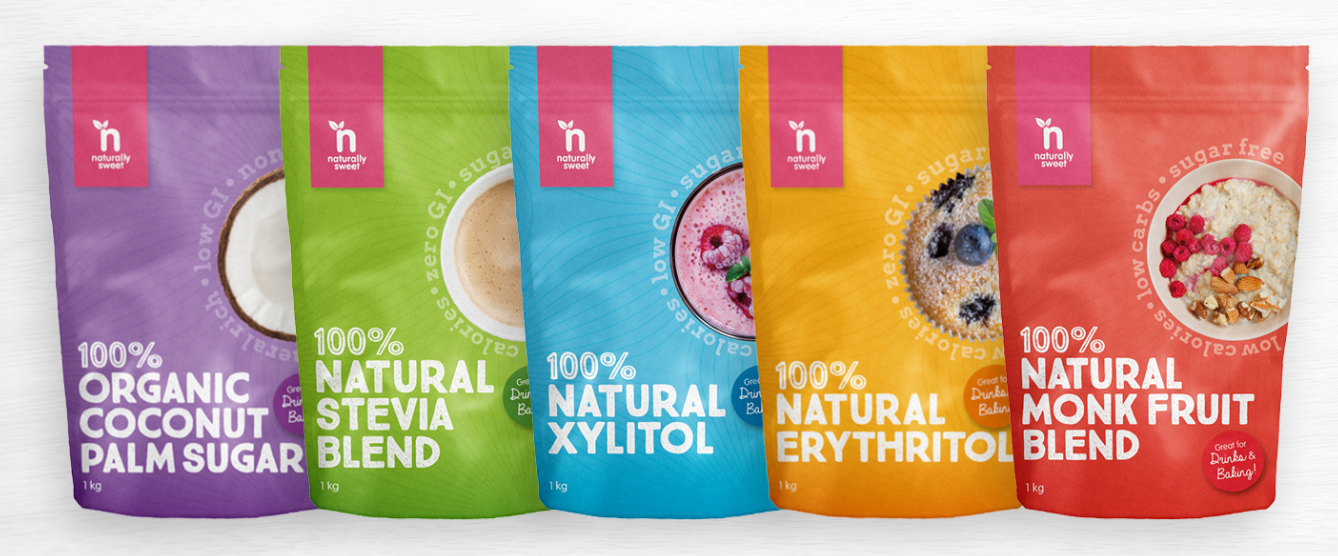Facts About Stevia
Naturally Sweet Products
Stevia sweetener is much more than a sugar substitute. It’s actually a plant that belongs to the sunflower family, and it provides a completely natural way to sweeten your food without using sugar. Unlike other sugar substitutes, it’s actually a plant rather than something that has been created by scientists in a lab. The plant is native to many parts of the Americas. The reason the plant works so well as a sweetener is because it is actually quite a bit sweeter than ordinary table sugar. In fact, the plant’s leaves have been shown to be more than 10 times sweeter than table sugar. This means that you have to consume less of it to get the amount of sweetness you desire. However, there is a great amount of variance among the different forms of the sweetener. Some forms of it are as much as 300 times as sweet as normal table sugar, while others are only 10 times as sweet. When you do decide to buy stevia, it is important that you experiment a little bit with different concentrations every time you buy a new form or brand that you aren’t familiar with. It’s better to add just a little bit at first because you can always add more later. You just don’t know what level of sweetness you’re going to get unless you are familiar with a specific form of the sweetener. Stevia extract is showing amazing promise as a sweetener because it contains no calories. The extract is a more refined form of the sugar substitute. Some lesser-refined forms of the sweetener do contain a very small amount of calories that is so tiny it’s practically calorie free as well. Researchers have even found that it seems to lower blood sugar levels, although they are doing more studies to confirm these initial findings. Another reason to buy stevia is because it doesn’t harm your teeth like sugar does. Researchers at Purdue University in the United States discovered that unlike table sugar, this sweetener actually seems to have the ability to keep plaque from developing. That’s the complete opposite of table sugar, which has been shown to actually cause tooth decay. Stevia sweetener has been around for much longer than you think. In fact, there is evidence that people in Paraguay were using it to sweeten their food hundreds of years ago. Japan has been using it as a sweetener for decades, and currently the country uses more of the sugar substitute than any other country in the world. Almost half of Japan’s sweetener market is actually stevia. Researchers at Central Queensland University have been studying the stevia sweetener for about 10 years and released their findings in 2008, which paved the way for FSANZ, the Australian food authority, to approve it for use as an ingredient in both foods and beverages. Much of the world is moving toward natural ingredients in food because they are safer, and this sweetener certainly fits the bill, bringing along with it the added bonus of not having any calories in it. Additionally, researchers around the world have been testing the sweetener and have found time and again that it is non-toxic. The World Health Organization has even ruled on it, saying that it is not toxic. There are numerous studies indicating that stevia is non-toxic, so it turns out that you can enjoy sweets without consuming a lot of calories from sugar.



